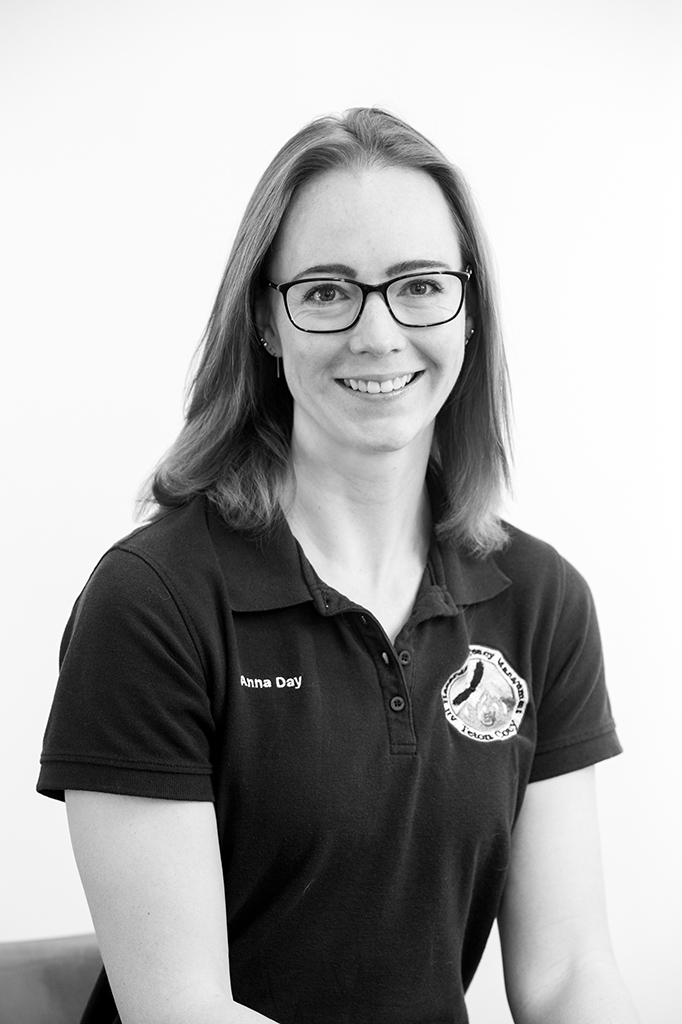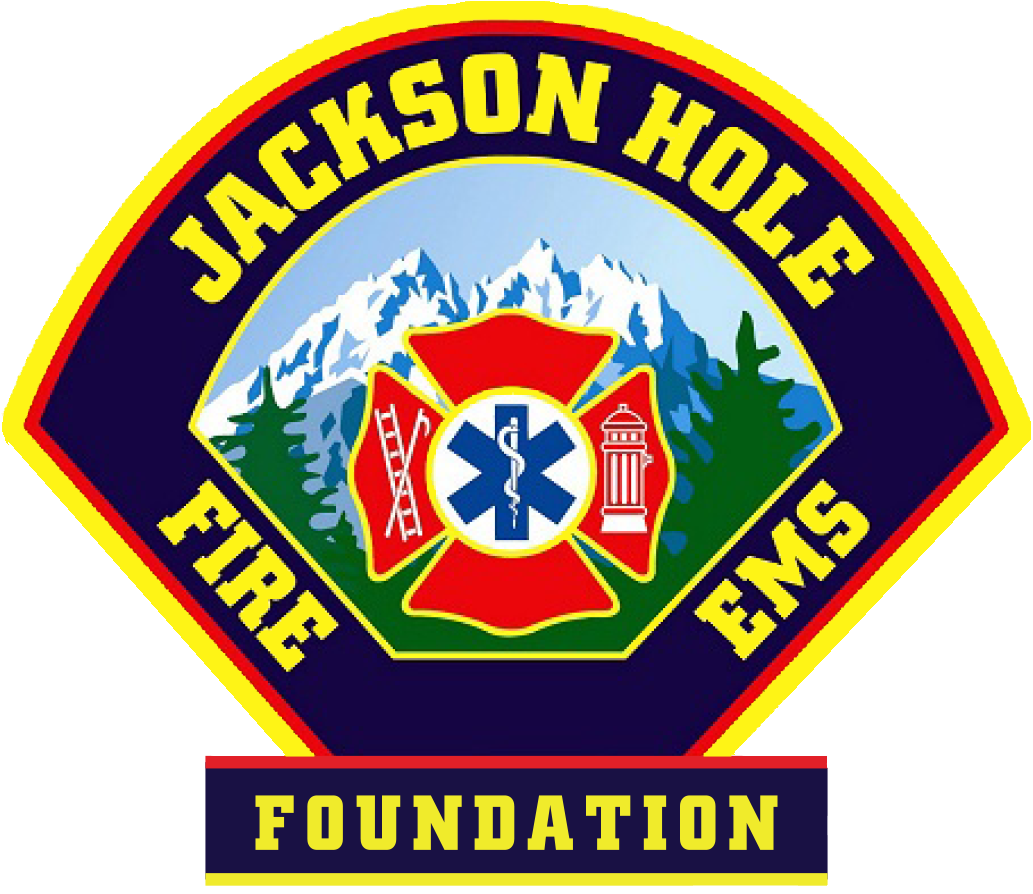
Anna Day“Long time residents, and especially people who are newer to the valley…we want them to reach out and ask questions so we can share resources and be prepared for the types of emergencies that can happen here.”
Anna Day
Emergency Management Specialist
Where are you from? I’m from here actually, I’m from Jackson.
How did you come to Teton County Emergency Management? It was mostly through my education. I got a degree in environmental science, and I did some traveling and working abroad and such after that. I was working with the health department in environmental health, which was a little more related to my degree, and I got to meet Rich through that job. I got to take some of the ICS courses all the way up through 300 and 400 while doing that. Rachel Wheeler at Public Health is like the Rich Ochs of the Health Department, and she was great at getting people exposure to emergency planning. So anyways, I got a taste of it at the health department and when this position came open, I applied for it.
How would you describe what you do? My title is: Teton County Emergency Management Program Specialist, and I’d say that basically I’m half of a two person team that is responsible for a lot of planning, coordination, and maintaining situational awareness across the county, constantly staying ahead of emergencies and disasters and the recovery afterwards as well. So, we prepare to work through all the phases of any emergencies or disasters that we could have in Teton County. Another significant part of my job is that I am in charge of CERT (Community Emergency Response Team) and all of their training. I do a lot of public outreach about preparedness as well.
What is Teton County Emergency Management and what are its services? Organizations like Fire/EMS, Law Enforcement, wildland fire organizations, they work through the incident command process and the initial response to the emergency. We do not do command; we do support and coordination for an incident. We’re kind of behind the scenes and honestly, if things go well and if we include the right partners when we’re planning, you’ll never know that we exist. That’s kind of our goal: helping things run smoothly.
What would you like the public to know about your job or about the TCEM? That we exist. A lot of people don’t know and that’s fine. We’re kind of sequestered down in Adams Canyon, but I would like people to know that we’re a resource for preparedness information as well as information about what risks and hazards are likely to occur here in the valley. Long time residents, and especially people who are newer to the valley…we want them to reach out and ask questions so we can share resources and be prepared for the types of emergencies that can happen here.
What is your favorite part of your job? I really like the public outreach part of it. I really like learning all the information that is available to me. I’m not necessarily the expert, but I get to work with a lot of different partners on events: PAWS, Senior Center, you guys, Law Enforcement…people I didn’t know as well before. Working with all these partners to do outreach is probably the best part of this job.
What about the most challenging? I would say that incentivising preparedness and adequate emergency planning is difficult because people are very busy in their normal jobs and normal lives, and they don’t have a lot of time or motivation to think, ‘ok, what if this theoretical thing happened? Do we have everything we need? Have we done everything we can?’ Especially if people have never lived through a major disaster, they don’t really want to spend that time on planning for one. So getting people to spend the time and energy if they don’t have the context for living through a big disaster already is both hugely challenging and hugely rewarding..
What do you do in your free time? I do about half of the normal Jackson stuff…I don’t really downhill ski, and now I’m a ‘nor dork’ (nordic skier) so I’m out there a lot with my boyfriend or dog or both. I’ve been trying to figure out how to skijor recently, and that has been quite exciting. That’s a lot of what I do in the winter. In the summers, I like hiking, camping throughout Wyoming, road trips, and camping all along the way.
What would you say is the most valuable trait for someone to have working in emergency services? For emergency management, which is verging on response but yet is not a primary response agency, a valuable trait would probably be being a good collaborator. Being friendly and able to talk to a bunch of different people and to bring them together is huge.
